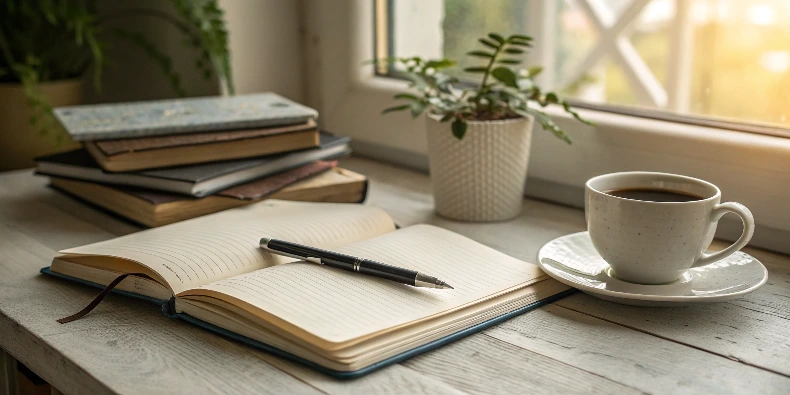
Stress relief methods: effective strategies for coping and prevention
Discover effective stress relief methods: from physical exercises to mindful relaxation. Simple and practical ways to help you manage tension and stay balanced.
Author:
Bogdan Kravets
14 мин

